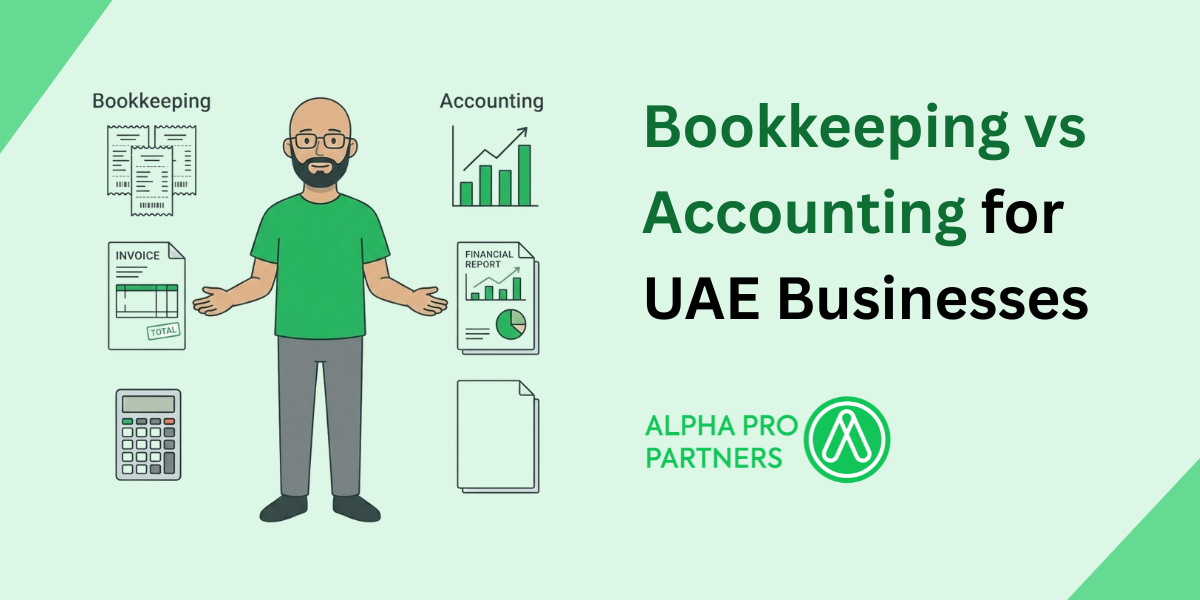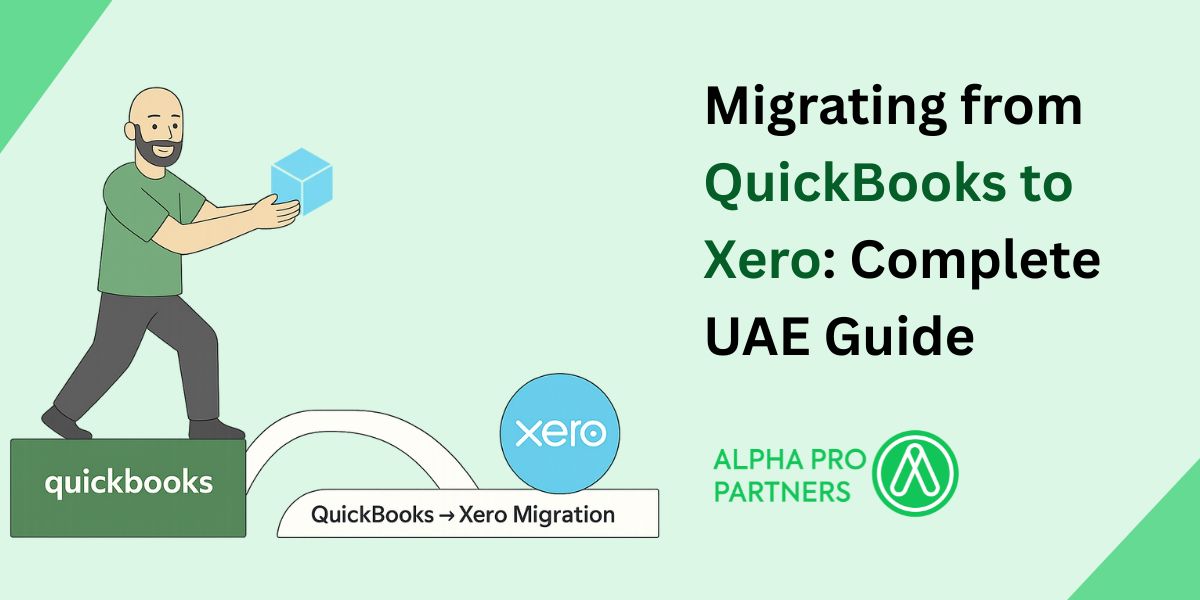What is the difference between Xero and QuickBooks?

Table of Contents
- Introduction
- Why Do Small Businesses Need an Accounting Solution?
- Quick Overview
- Xero vs. QuickBooks Features
- 4.1 Electronic Banking and Bank Feeds
- 4.2 Invoicing and Bill Management
- 4.3 Payment Acceptance and Pay Runs
- Xero
- 5.1 About Xero
- 5.2 Capabilities of Xero
- 5.3 Offers by Xero
- 5.4 Xero’s Customer Service Support
- QuickBooks
- 6.1 About QuickBooks
- 6.2 Offers by QuickBooks
- 6.3 Pricing Plans by QuickBooks
- Ease of Use in Xero vs. QuickBooks Online
- Pricing Comparison: Xero vs. QuickBooks Online
- Banking Section Comparison: Xero vs. QuickBooks Online
- Summary
- Disclaimer
- FAQs
In managing small business finances, choosing the most suitable accounting software is essential. Xero and QuickBooks remain two of the most recognized solutions in 2025. Each offers unique features tailored to different business needs. In this article, we’ll explore their differences to help you decide which one best fits your requirements.
Why do small businesses need an accounting solution?
Regardless of the size , most businesses today benefit from a cloud-based accounting solution such as QuickBooks or Xero. Both platforms streamline and automate financial processes, improving accuracy, efficiency, and time management. Despite the differences in their strengths, both are apt accounting solutions for small businesses, sole proprietors, and growing businesses. With a variety of plan options, as your business grows, you can adjust your accounting plan as needed.Small businesses need accounting software to streamline and automate financial processes and accounting tasks. It saves time and effort by bringing in efficiency and automating processes.
Quick overview
Xero is known for being intuitive, user-friendly, and modern. It provides small business owners with the tools they need to manage finances efficiently. On the other hand, QuickBooks Online is a general accounting software from Intuit. Moreover, it is a cloud-based service. Note that Xero only has one version of its software which is the cloud based one and QuickBooks has an online and offline version. The offline version needs to be updated yearly.
Xero vs. QuickBooks features
Both software solutions are designed for small and medium-sized businesses, offering a wide range of features. While their terminology may differ, they both provide:
- Electronic banking and bank feeds
- Professional invoicing and invoice reminders
- Acceptance of payment
- Capabilities of bill management and pay runs
Xero
Xero was established in 2006 in New Zealand. Since then, it has made for itself a reputation for being one of the best accounting tools in the market. "Beautiful business" is Xero's tagline. It is online accounting software that has made routine accounting processes very convenient and straightforward. The availability of a mobile app has made business-on-the-go easier so that the relevant people have access to the right information from anywhere, anytime. Xero is the world’s biggest accounting software provider of cloud for medium- and small-sized businesses. It is preferred because of ease of use, and also because it can be easily migrated from Sage and Quickbooks. Additionally, it also offers plenty of wonderful features, which are:
- Online invoicing
- Inventory management
- Expense tracking
- Bill payments
- Project management
- Unlimited user support
Capabilities of Xero
It is accounting software which offers us convenience in running our business while sitting anywhere. Specifically, it is designed for owners of small and medium businesses. It is particularly made for those who do not intend to spend considerable time learning accounting, but still, they want to take business performances into account. Particularly, it is a good fit for those sellers who conduct global business. Xero provides accounting solutions for small businesses, offering tools that simplify bookkeeping, invoicing, and financial reporting. It works well for a bunch of niche markets which includes:
- Retail
- IT
- Legal
- e-commerce
- Startups with their multicurrency capabilities
Offers by Xero
Xero’s main features are categorized into five key areas:
- Dashboard - A customizable view of bank balances, invoices, and cash flow.
- Business - Manage bills, invoices, services, and purchase orders.
- Accounting - Handle bank reconciliations, reports, and journals.
- Projects - Track project costs, profitability, and time.
- Contacts - Manage customer and supplier relationships.
The accounting dashboard of Xero offers an overview or summary for your businesses. This dashboard is completely customizable, so you can arrange the following as per your preference:
- Bank balances
- Owed invoices
- Your business’s total in and out cash
Business is the category where you will find bills to pay, invoicing, services, products, and purchase order. The opportunity of invoices in Xero shows a good view of each and every invoice and present status.
Xero’s customer service support
Xero provides a range of support resources, including:
- 24/7 email support
- Extensive user guides
- Knowledge base
- Assistance in articles
- Product assistance
- Community forums
- Online training and certifications
The accounting functionalities of Xero are very easy to navigate. If something goes wrong, these resources will be sufficient to get you back on track immediately.
QuickBooks
QuickBooks Online is the browser-based version of Intuit’s well-known desktop accounting application.
QuickBooks Online combines its ease of use with accounting applications. The best thing is that this application has been improving with each new version. This market-leading accounting tool offers smart business tools for business owners and key personnel. Its reporting functions include:
- Multi-user access ( up to 25 users)
- Intuitive and familiar interface
Offers by QuickBooks
QuickBooks provides several support options, including:
- In-product assistance
- Community of user
- Vast knowledge base
- Training and tutorials
- Help article
- Connection with an agent through email
- Connection with an agent via messaging
- Callback and live agent options
Pricing offers by QuickBooks (as of 2025)
QuickBooks offers multiple pricing tiers depending on your business needs:
- Simple Start — 1 user: per month cost is $12
- Essentials —3 users: per month cost is $20
- Plus — 5 users: per month cost is $35
- Advanced — 25 users: per month cost is $75
Ease of use in Xero vs. QuickBooks Online
Ease of use is a critical factor for business owners. Most entrepreneurs prefer intuitive software that doesn’t require extensive training. An opt solution will be the one that offers immense ease of use. One of the best options is that you should download a demo (if feasible) of any accounting application of interest. The reason is that people’s preferences differ. What may work out for one business owner may not be deemed suitable by another. A demo will let you ascertain if this is the tool you would want to use for a number of years to handle all your accounting needs.
Pricing of Xero vs. QuickBooks Online:
The pricing of Xero and QuickBooks Online are a lot alike. QuickBooks Online proposes more plans than Xero, but both of their mid-level plans are similar in scope and price. The plus plan of Xero costs you around $30/month; on the other hand, QuickBooks Online’s plan costs approximately $35/month. As the price of QuickBooks plans increases, you also receive additional capabilities and features with every level that were not present at its previous level.
Bank section of Xero vs. QuickBooks Online
The bank section is the area where most of your business bookkeeping occurs, whether you are using QuickBooks Online or Xero. Both Xero and QuickBooks offer secure and automatic bank feeds, allowing real-time reconciliation of transactions.
However, QuickBooks tends to offer slightly faster bank connection syncing for U.S.-based banks, while Xero performs better in international transactions and multi-currency environments.
Nutshell
Both Xero and QuickBooks Online are excellent accounting solutions for small and medium-sized businesses to handle all their accounting needs. Their pricing and features are closely matched, but your final decision may depend on factors like your company’s size, location, and growth plans. However, Xero stands out for its unlimited users and international flexibility, while QuickBooks shines in its extensive reporting, integration options, and strong customer support.
Ultimately, both tools can simplify your accounting processes, reduce manual errors, and give you a clearer picture of your business’s financial health.
DISCLAIMER
This article is written in general terms and therefore cannot be relied on to cover specific situations; application of the principles set out will depend upon the particular circumstances involved and we recommend that you obtain professional advice before acting or refraining from acting on any of its contents.
FAQs
1. Can I switch from QuickBooks to Xero (or vice versa) easily?
Yes, both platforms offer guided migration tools and third-party services to transfer data such as contacts, invoices, and charts of accounts. However, some historical data or custom reports may need manual adjustments after migration.
2. Can I manage inventory and multi-currency with either software?
Yes, both Xero and QuickBooks support inventory tracking and multi-currency, but Xero’s global focus makes it more seamless for international transactions. QuickBooks provides stronger inventory management for U.S.-based or locally focused businesses.
3. Which software is better value for small businesses in 2025?
Xero often delivers better value for growing businesses due to unlimited users and straightforward pricing. QuickBooks justifies its slightly higher price with stronger analytics and round-the-clock customer service.
4. How easily can I migrate data from spreadsheets or other software into Xero or QuickBooks?
Both Xero and QuickBooks allow you to import data directly via CSV or Excel templates. QuickBooks provides a more guided import process, while Xero offers flexible bulk uploads and app integrations.
5. Will my accountant be more familiar with one than the other?
Most accountants are well-versed in both platforms, though QuickBooks tends to have broader familiarity, especially in North America. In contrast, Xero is increasingly popular among firms handling international or multi-currency clients.

.webp)







%20Widgets%2C%20Shortcuts%20%26%20Customisation.jpg)








.webp)
.webp)


.png)
.png)
.png)
.png)
.png)

.png)
.png)



.png)
.png)





.jpg)


.jpg)





.png)
.png)






.png)


